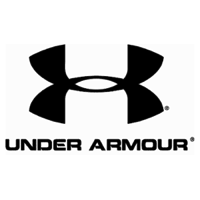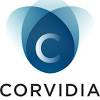

This position is the President and Chief Executive Officer of the Montgomery County Economic Development Corporation that will have responsibility for overall administrative and management direction for the organization. The primary mission of MCEDC is to market Montgomery County worldwide as the region of choice for business investment and expansion. This leader will position MEDC as the County’s lead economic development and marketing organization for promoting, recruiting, and expanding businesses in Montgomery County. The ability to retain and grow existing businesses is of paramount importance. The CEO will lead an organization that enhances the impact of all companies invested in Montgomery County including small business and culturally diverse entities. The CEO will also advocate for strengthening the entrepreneurial ecosystem helping to develop a community that cultivates and encourages entrepreneurs while making maximum use of the local diverse, skilled population.







